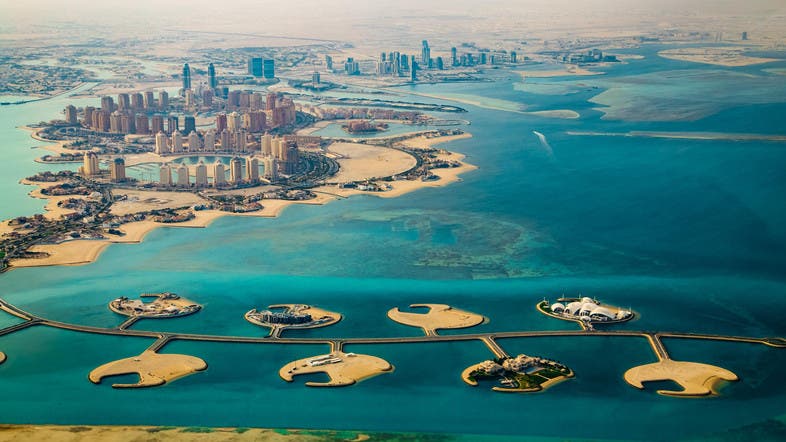Joseph Hammond, Special to Al Arabiya English
Wednesday, 29 November 2017

The future of the diplomatic crisis surrounding Qatar may come to hinge on an unlikely commodity: sand.
An analysis of Qatar’s export and import data conducted by Al Arabiya suggests that Qatar is facing serious challenges to meet its construction needs for the 2022 FIFA World Cup.
The precious commodity is vital to construction and Qatar's push to build the infrastructure it needs to host the 2022 FIFA World Cup will require large sand imports.
Oil was the strategic commodity in the 20th century and in many regions of the world water resources are increasingly the center of geopolitical competition. However, the Qatar crisis has put sand back in the forefront.
The Anti-Terrorism Quartet severed diplomatic and trade ties with Qatar on June 5 over Doha’s ties to terrorist groups.
Among the Quartet are Egypt, Saudi Arabia and the United Arab Emirates – all of which were significant exporters of sand to the country as recently as last year.The Observatory of Economic Information at the Massachusetts Institute of Technology (MIT) maintains data related to the trade of important commodities.
According to data collected by MIT, Saudi Arabia, Egypt and the UAE accounted for 61.4% of Qatar’s sand imports last year.
Saudi Arabia (49% of imports) was the largest supplier of sand to Qatar in 2016 followed by China (19%) and India (14%).
The United Arab Emirates (11%) and Egypt (1.4%) were further down the list last year but, remained important sources of imports. Either the UAE or Saudi Arabia have alternated as the top source of Qatari sand imports since 2013....MORE